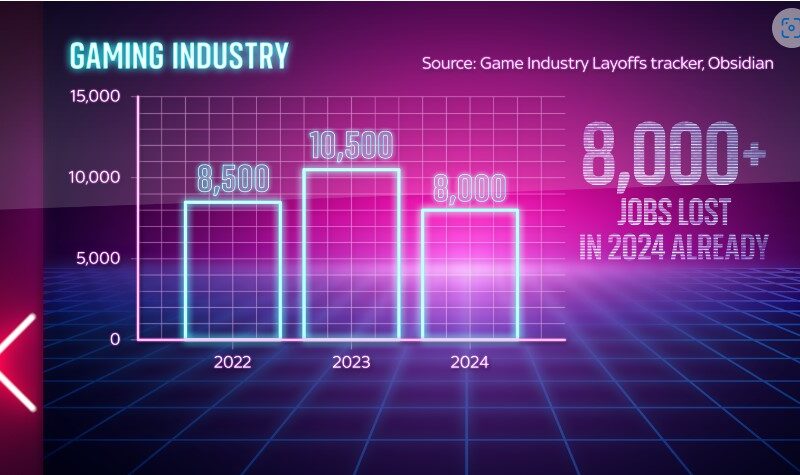September 21 2017
Labour’s surge in the General Election in June was in no small measure due to its support among young people. In the days before the election one and three quarter million 18 to 35-year olds registered to vote and the big majority of them supported the Corbyn election manifesto. According all current opinion polls, Labour still holds a massive lead among young people. Two of the most, by ComRes and UnHerd, show a huge 46-point lead for Labour among 18-24-year olds. In specific policy areas, the lead is staggering: on Education, Labour has five times more support than the Tories, on the NHS, nine times more and on housing, ten times more!
But the Labour Party cannot take this support for granted and must reach out to young people with policies that offer solutions to real, concrete needs. Under-35s have been disproportionally impoverished by the unending austerity that has been faced by working class people in general. Many charities and surveys are pointing to the special difficulties that so-called ‘millennials’ face. Poor wages, the gig economy and zero-hours contracts all hit young people especially hard. Citizens advice, which helped 350,000 people last year, reported this week there was 34% rise in the number of under-25s seeking help with high-cost credit in the last two years.
StepChange, another charity which helps people with debt problems, reported the same week that in the first half of 2017 nearly two-thirds (64%) of clients seeking advice were under 40 whereas four years ago, it has been only 53%. “The people coming to us for advice,” its spokesperson said, “are getting younger and have been for the last five years. The average age of our clients is now 41,”
Another survey of 4000 18 to 30-years olds by the Young Women’s Trust showed that 51% of young women and 45 % of young men regularly use credit to stretch their finances to payday and an incredible quarter of young people in the UK are “constantly in debt”. A quarter of the young people surveyed believed their level of debt got worse in the past year. Yet the greatest indictment of our society is found in the simple fact that and 61% of 18 to 30-year olds still expected to be in debt when they are aged 40!
One of the most explosive issues among millennials is the lack of any decent affordable housing. Since the Tories came to power in 2010, there has been a huge reduction in the provision of homes for social rent. So-called “affordable rents” have been introduced by the Tories, at levels as much as 80% of the market value, putting even rented homes out of reach of millions of young people. The total amount of capital invested by the Government in house building fell from £11.bn in 2009 to £5.3bn in 2015.
The construction of new social-rented housing fell from an already disastrous 36,000 starts in 2010-11 to tiny numbers measured only in thousands in subsequent years. Meanwhile, in the last two decades, there has been a 57% rise in rents in real terms and private rents today are on average £21 a week more expensive than their social-let equivalents.
Tory policy is aimed precisely at fostering a housing shortage so that their super-rich landlord chums can coin in the profit. Not surprisingly, the annual Government bill for Housing Benefit has risen from £16.6bn to £25.1bn over the past 20 years, as the Government subsidises high rents and greedy landlords.
The housing ‘market’ is ludicrously out of kilter with the needs of the vast majority of the population. This week in the Financial Times, a special supplement on ‘Property in London’ carried an advert for a development with one, two and three-bedroom apartments. “Prices from £865,000”, it boasted, adding, “Average rental yields of 4.4%.” This equates to a monthly rent, for the smallest of these properties, of over £3000 a month. Land, building and the housing market is a playground for speculators and the super-rich and increasingly out of sight of ordinary people.
Labour must fight against the efforts of the press to scapegoat other sections of the population, like the older generations and immigrants. The simple fact is that as long as housing is subject to the so-called ‘free market’ there will never be enough homes and the basic human right of a home will be denied to millions. It is in the direct interests of landlords, property speculators, owners of ‘land banks’ and builders to maintain a housing shortage, all the better to keep rents and profits sky-high.
Labour must put forward emergency policies for an emergency issue. Labour needs to put forward a bold socialist plan to nationalise the big building companies and to take land into public ownership as a national asset to be used in a rational plan for building. A national house-building plan must be put into effect to provide decent, secure and affordable social housing for the millions who need it.
A socialist housing policy should aim to increase house-building year-on-year to reach a million units a year after five years. In the private rented sector, the big properties of the giant multi-ownership landlords should be taken into the ownership of local authorities and proper safeguards and rent controls built into the remainder. No family should have to pay even a third of its income in rent and maximum rent should be linked to wages.
Labour must reinforce its commitment to do away with zero-hour contracts, ‘gig’ jobs and low pay in general. The national minimum wage must be raised, immediately Labour comes to power to a living wage of £10 an hour and HMRC must be provided with proper staffing and resources to monitor employment practices and ensure it is enforced.
We are living in times of great austerity for the big majority of the population, especially young people. It is hardly surprising that there is growing resentment and anger among workers in general and particularly among young people. Labour will need to show that it has policies that will operate in the interests of the vast majority and that it is determined to carry out the policies, even in the teeth of opposition of the rich and super-rich.



